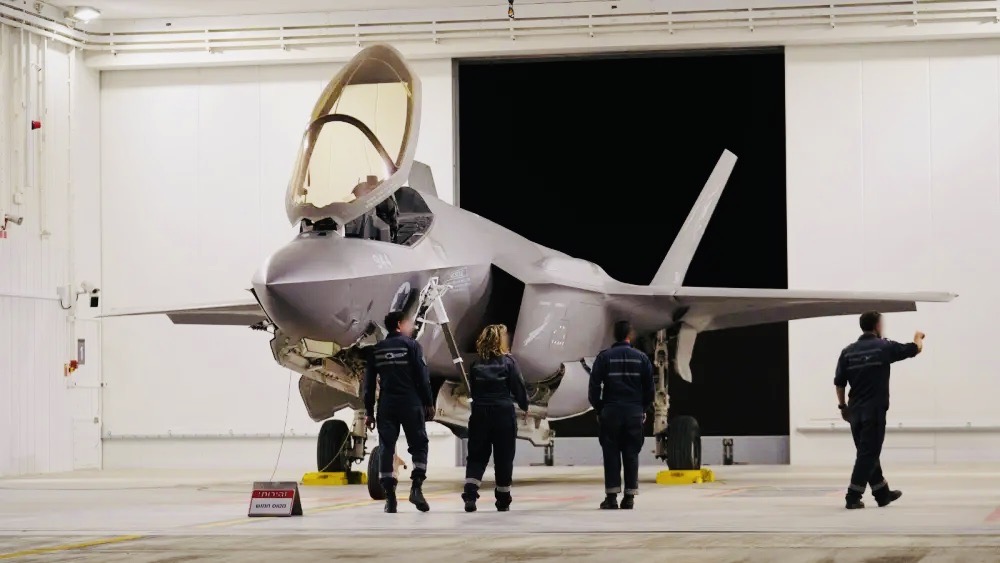Within the space of nearly a week, Israel, in one of its most audacious shows of military might, has achieved the upper hand in its preemptive war with Iran, its strongest and most defiant foe.
But Israel’s achievements have come at a cost.
More than 300 Iranian ballistic missiles have battered Israel, having demolished residential buildings in major cities, damaged an oil refinery in Haifa, and struck Israeli military headquarters in Tel Aviv. These strikes have killed 24 civilians and injured about 800, creating a sense of apprehension and insecurity.
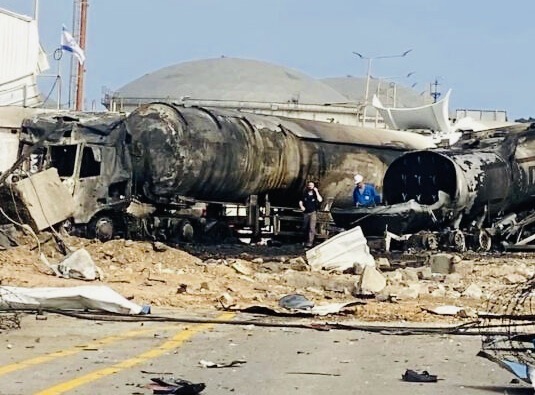
Yet Israel has relentlessly pounded Iran in a meticulously planned and brilliantly executed air campaign that has taken the Islamic regime by surprise and starkly exposed its deficiencies.
Since last Friday, Israel has struck more than 1,100 Iranian assets in hundreds of strikes, Israeli spokesman Effie Defrin said on June 18. Israel has lost not a single airplane, though a Hermes 900 drone was shot down.

The chief of staff of the Israeli armed forces, General Eyal Zamir, has hailed the “historic and unprecedented operation.”

The Iranian Air Force has been missing in action, having enabled Israel to gain air supremacy within some 48 hours.
Israel has all but decimated Iran’s air defences, a feat that gives the Israeli Air Force a distinct advantage, says its commander, Tomer Bar.
Israel, having railed against Iran’s nuclear program, has apparently left the enrichment facilities in Natanz and Isfahan in ruins. According to the International Atomic Energy Agency, the 15,000 centrifuge machines in Natanz, which are essential to the enrichment process, have been badly damaged or destroyed.
It remains to be seen when Israel will try to take out Fordow, Iran’s most heavily fortified nuclear site, or the other Iranian nuclear sites spread around the country.
As part of its campaign to destroy Iran’s nuclear program, Israel has bombed two centrifuge production facilities, a building at the Tehran Research Center and a workshop in Karaj, a city northwest of the capital.
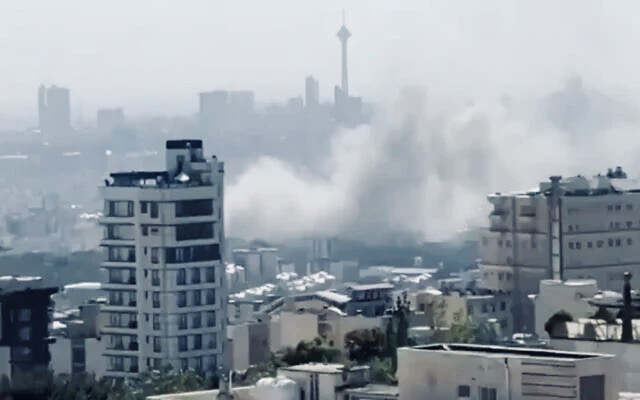
Israel estimates that it can achieve its objectives within two weeks. If the United States joins the war, this scenario could change drastically.
Reports suggest that Israel has likely degraded Iran’s ability to conduct ballistic missile attacks, though Iran continues to fire missiles at Israel, albeit at a reduced rate of late. Israel claims to have eliminated over 200 launchers, or about half of Iran’s launchers, and between 35 percent and 45 percent of its ballistic missile stockpile.
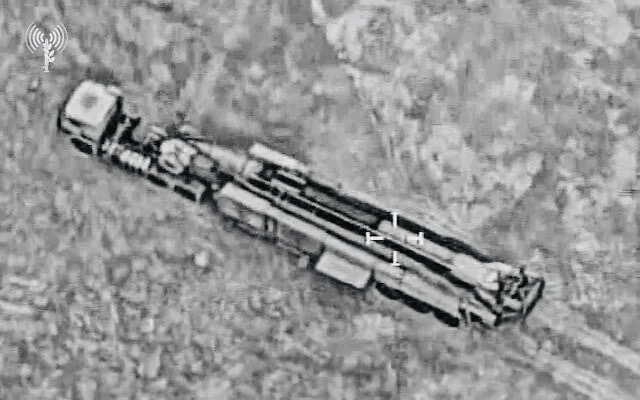
Israeli aircraft have struck the Parchin military complex east of Tehran, which Iran has used to develop and manufacture ballistic missiles as well as explosive materials and advanced munitions. Israel targeted missile production sites at Parchin last October, in its second direct attack on Iran.
Israel has struck the Khojir missile production complex in Hajarabad, in Tehran province, which produces solid-and liquid-fueled missiles.
The Israeli Air Force has hit the Tehran headquarters of the Quds Force, an arm of the Islamic Revolutionary Guards Corps. The Quds Force used this building to plan attacks against Israel. Israeli jets have also bombed the barracks of the Islamic Revolutionary Guards Corps in Zanjan and one of its munitions bunker in Qom.
Israel has bombed some of Iran’s key oil and gas facilities: the Shahran fuel and gas depot north of Tehran, the oil refineries in Shahr Rey north of the city, the South Pars natural gas field, and the Far Jam gas plant.
Iran has the world’s second largest-proven natural gas reserves and the third-largest crude oil reserves, but they are vulnerable targets.
Israeli strikes have targeted the Ministry of Foreign Affairs, the police force and the internal security apparatus, including the Ministry of Intelligence and Security.
After issuing an unprecedented evacuation order, Israel bombed the state broadcaster building in Tehran, knocking it out of commission for a while.
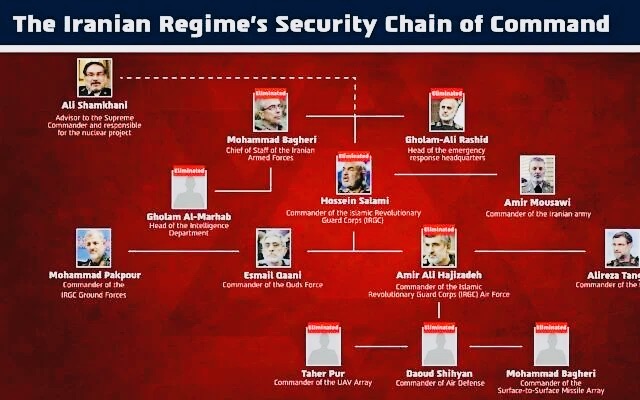
Israel has dealt a devastating blow to Iran’s military.
On the first day of the war, Israel assassinated Mohammed Bagheri and Hossein Salami, the commanders of Iran’s armed forces and the Islamic Revolutionary Guards Corps, along with their deputies.
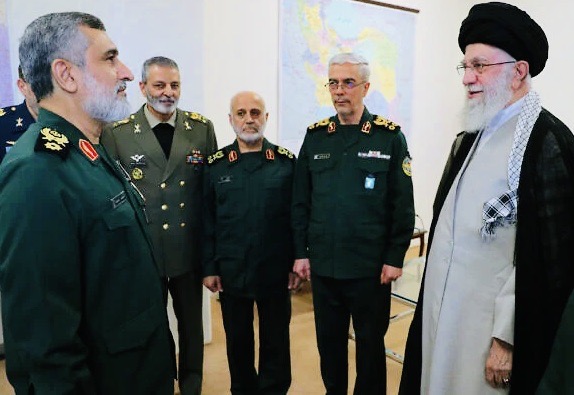
As well, Israel killed Ali Akbar Hajizadeh, the aerospace commander, and Ali Shamkhani, a close associate of Iran’s supreme leader, Ali Khamenei, whom Prime Minister Benjamin Netanyahu will not rule out killing despite U.S. President Donald Trump’s objection.
Since then, Israel has assassinated several high-ranking figures: Mohammed Kazemi, the director of intelligence of the Islamic Revolutionary Guards Corps, his deputy, and Ali Shadmani, the head of the military emergency command. His predecessor, Gholam Ali Rashid, was killed on June 13.
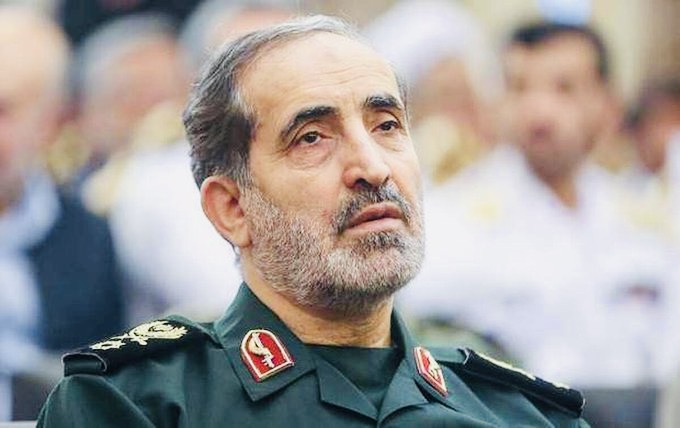
Israel has also killed a bevy of scientists linked to Iran’s nuclear program.
Israel took aim at an Iranian ally on June 14 when it tried to kill the Houthis’ chief of staff, Mohammed al-Ghamari, in an air strike in Yemen. His fate has yet to be determined.
Israel’s strikes in Iran have shaken the regime.
As Afshon Ostovar writes in Foreign Affairs: “In just a few days, Israel has done significant damage to Tehran’s military and nuclear program. Although the true scale of the destruction is known only to Iranian leaders, it is unlikely that the country will easily rebound from this low ebb. Perhaps most significant, Iran has lost nearly all of its ability to defend its skies from adversaries. Its once hailed air defences have been destroyed or made inoperable across most of the country. Its missile stockpiles have been depleted, many of its mobile launchers have been destroyed, and the facilities it used to manufacture missiles and process their fuel lie mostly in smoldering ruins. Finally, much of Iran’s nuclear enrichment program has been damaged or destroyed. Iran may still possess a stockpile of highly enriched uranium and some underground cascades of centrifuges. But in the near term, nuclear enrichment no longer provides deterrent value.
“Added to this is the loss of the defence establishment’s brain trust. The assassinations of numerous veteran commanders and military officials … will leave a gaping hole in the regime and erase knowledge built on decades of experience.”
Russian President Vladimir Putin has reportedly told Khamenei that the survival of the Iranian regime is under threat. Israeli strikes, probably the deadliest Iran has faced since the Islamic revolution in 1979, could well imperil its very stability.
As much as the Israeli government wants to topple the current Islamic order in Iran, it is debatable whether regime change is one of Israel’s goals.
